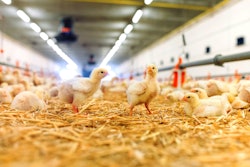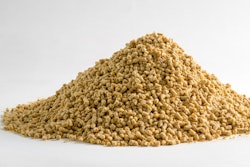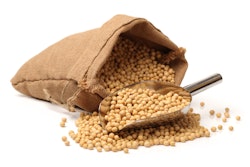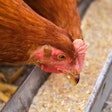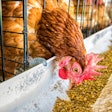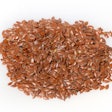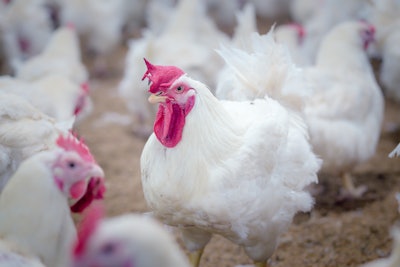
Broiler breeder hens fed an omega-3 supplement hatched progeny with increased body weight, breast weight and decreased feed conversion ratio (FCR), according to a newly published study in the journal Poultry Science.
These findings add to the growing field of epigenetic study in poultry. Epigenetics is the study of how environmental and behavioral factors can impact gene function, without changing the DNA sequence of the birds themselves.
“If we can – whether through feed or through the treatment of the parent – impact the growth and performance the progeny, that’s really what this area of research is looking at,” said Breeanna Kelln, technical services manager for O&T Farms, which helped fund the research.
“By feeding a chicken a certain diet, we know we’ll see a performance change – good or bad. What’s cool about this study is that we were able to see that diet also impacted the long-term performance of their offspring,” Kelln explained.
Generational benefits detected
The University of Guelph-based research project compared the performance of progeny from 23-week-old broiler breeder hens receiving omega-3 in their diets to a control group. Researchers measured chick growth in body and breast weight, as well as feed conversion, from hatch through 42 days of age of the progeny.
Omega-3 is an essential fatty acid essential to all livestock for promoting immunity. However, it is not produced naturally by the body and must be supplemented in the diet. This study trialed the use of shelf-stable flaxseed as an omega-3 supplement, but another common approach in animal feed is fish oil.
The results revealed that the growth performance of the offspring of the hens with flaxseed in their diet was improved.
Layer hens could also pass on the benefits of omega-3 enriched diets to their eggs, although more research is needed.
“When we think about the opportunity to feed those mother hens and get responses in their progeny, I think that’s really cool and a huge opportunity for the industry,” she noted. “It’s a jumping board to take off from here and see what else we can find out.



